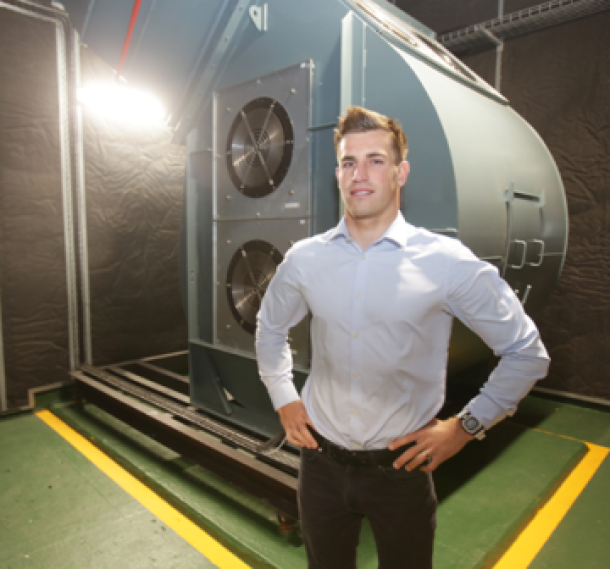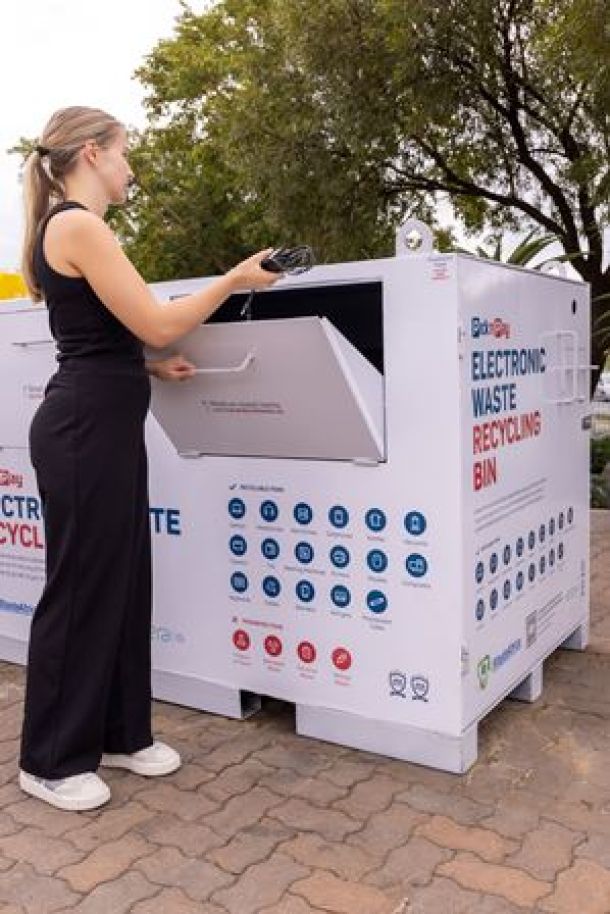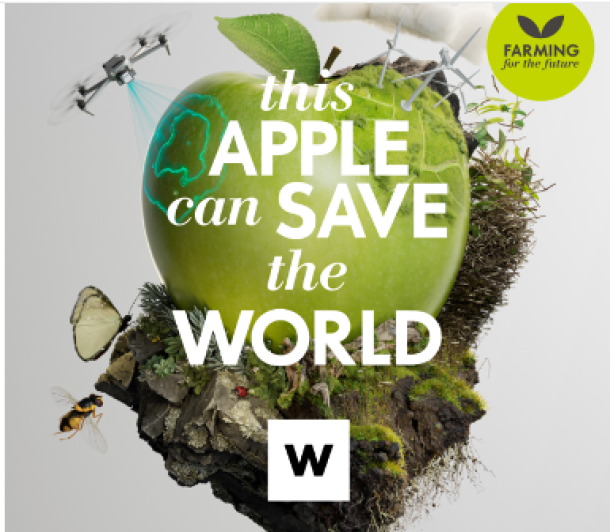Woolworths launches new, recyclable tomato packaging that also reduces food waste
Woolworths’ new speciality tomato range is now packaged in a kraft box base which saves 77* tons of plastic and a widely recyclable clarified polypropylene lid that will save 128* tonnes of currently not recycled thermoformed PET from going to landfills. Working closely with suppliers and packaging manufacturers it has been a four year journey to launch packaging that ticks all the boxes in terms of both sustainability and quality packaging that protects.
Robust yet flexible, polypropylene is widely recycled. The challenge though when it comes to using polypropylene for food packaging has been its opaqueness. Especially when it comes to fresh produce like tomatoes, customers want to see what they are buying. Working closely with their packaging supplier, Woolworths has brought clarified polypropylene packaging to their food market this has resulted in the herb, micro-herb and sprout punnets also switching to recyclable punnets and potentially more fresh produce packaging.
The kraft board container is FSC certified and made from 65% recycled paper and all the necessary information is printed on the kraft trays instead of additional stickers. Kraft board is both ‘breathable’ and absorbent, so it absorbs excess moisture, keeping the tomatoes fresher for longer. This increases the shelf-life of Woolworths’ tomatoes by a full day and reduces potential food waste.
“Woolworths tomato packaging is a great example of finding a truly sustainable solution that at the same time enhances the purpose of food packaging,” says Latiefa Behardien, Woolworths Head of Foods Technology, Safety and Good Business Journey. “We have some very ambitious sustainability commitments – for all our packaging to either be reusable or recyclable by 2022, and this is a major milestone on that journey.”
In 2019, Woolworths has notched up many other packaging and single-use plastic achievements including:
· Replacing plastic stemmed earbuds, drinking straws and in-store cutlery with paper or wood alternatives.
· Re-launching the ‘To Go’ range’s packaging with recyclable paper board where possible which has resulted in annual savings of 4.3 million plastic punnets being replaced and 6.1 million labels saved by printing directly onto the board.
· The Earth Friendly range’s rigid bottles were always recyclable, but the recent re-launched of the range has resulted in the entire ranges’ packaging being fully recyclable. Even the dish wash and laundry pods packaging is a fully recyclable single polymer source packaging and all metal springs in the pumps & triggers have been removed to ensure it is fully recyclable. The entire Earth Friendly range packaging also contains a minimum of 25% post-consumer recycled plastics with six products’ packaging made entirely (100%) from post-consumer recycled PET content; and the use of green Plastic** in the packaging of two products.
· This expanded household range also now includes products to reduce single-use plastic in customers’ lifestyles like Beeswax Food Wraps and PVC-free Silicone Food Covers, insulated PVC-free sandwich bags and when ‘on the go’, food carrying items like Lunch Pots, Utensil Sets and Travel Mugs, made from wheat straw – a sustainable food by-product and renewable resource.
· All herb, micro-herb and sprout punnets have been changed to recyclable clarified polypropylene, saving 11 tons of PET thermoforms from going to landfill.
· Dry Petfood Treats’ packaging has shifted to recyclable single polymer packaging
· There has been a 20% reduction in the weight of grape packaging which has resulted in an approximate reduction of 27.7 tons of PET to date.
· Frozen berries packaging is also a fully recyclable single polymer self-standing pouch as well as steamed dumplings/ pot stickers are now packaged in fully recyclable single polymer structures.
· Since Summer ’19, the outer plastic packaging has been removed from all men’s formal shirts and duvet plastic bags are being replaced with reusable self- fabric bags.
· There are five single-use shopping plastic bag free food stores nationally, and Woolworths is currently trialling a ‘closed loop recycled’ paper bag for fashion, beauty and home purchases in two stores.
· A reusable produce bag has launched in the 50 top Woolies food stores.
· There is an ongoing and increased use of green Plastic* and post-consumer recycled plastics and board.
* On an annual basis
** green Plastic is plastic that doesn’t use ethylene gas from fossil fuel (Oil) to make the Polyethylene it uses ethylene extracted from Sugar Cane, so no longer dependant on a non-renewable resource but 100% renewable.
News Category
- International retailers
- On the move
- Awards and achievements
- Legislation
- Wine and liquor
- Africa
- Going green
- Supplier news
- Research tools
- Retailer trading results
- Supply chain
- Innovation and technology
- Economic factors
- Crime and security
- Store Openings
- Marketing and Promotions
- Social Responsibility
- Brand Press Office
Related Articles

Pick n pay upcycles air-conditioning systems, s...

Shoprite Group opens pathways to job opportunit...

Pick n Pay empowers shoppers in the fight again...

Massmart implements early leak detection techno...


